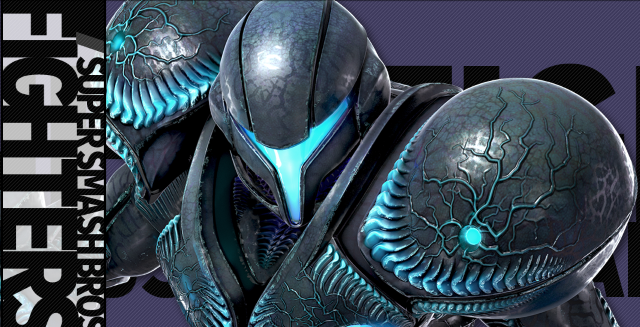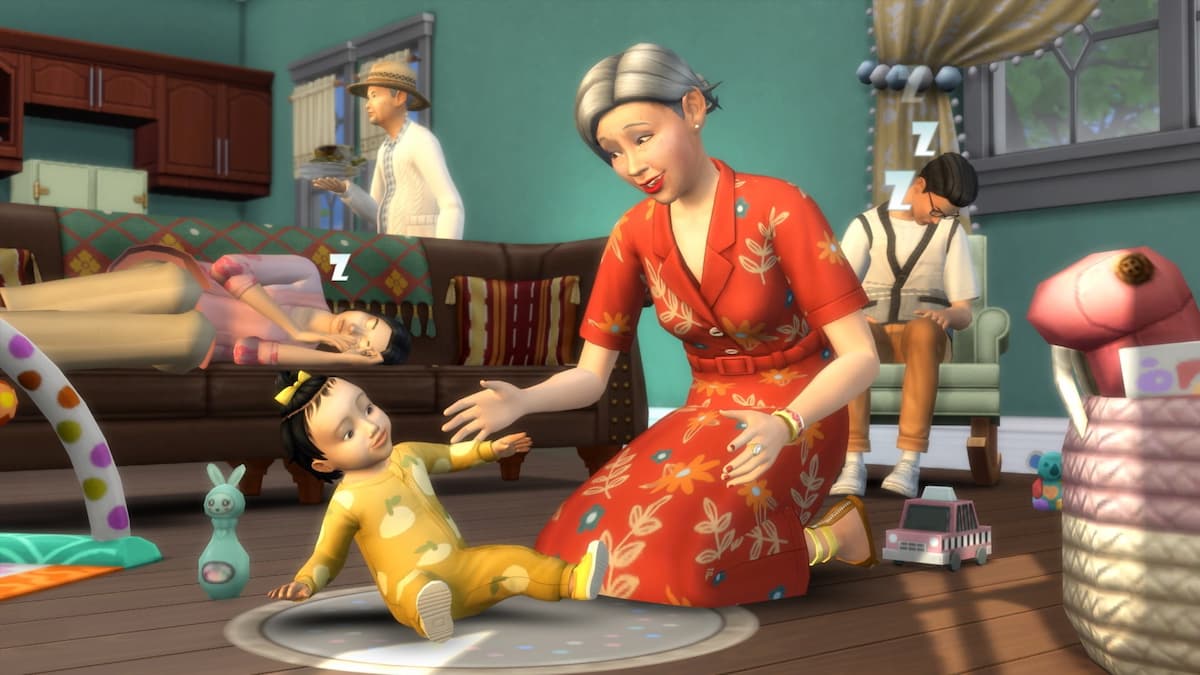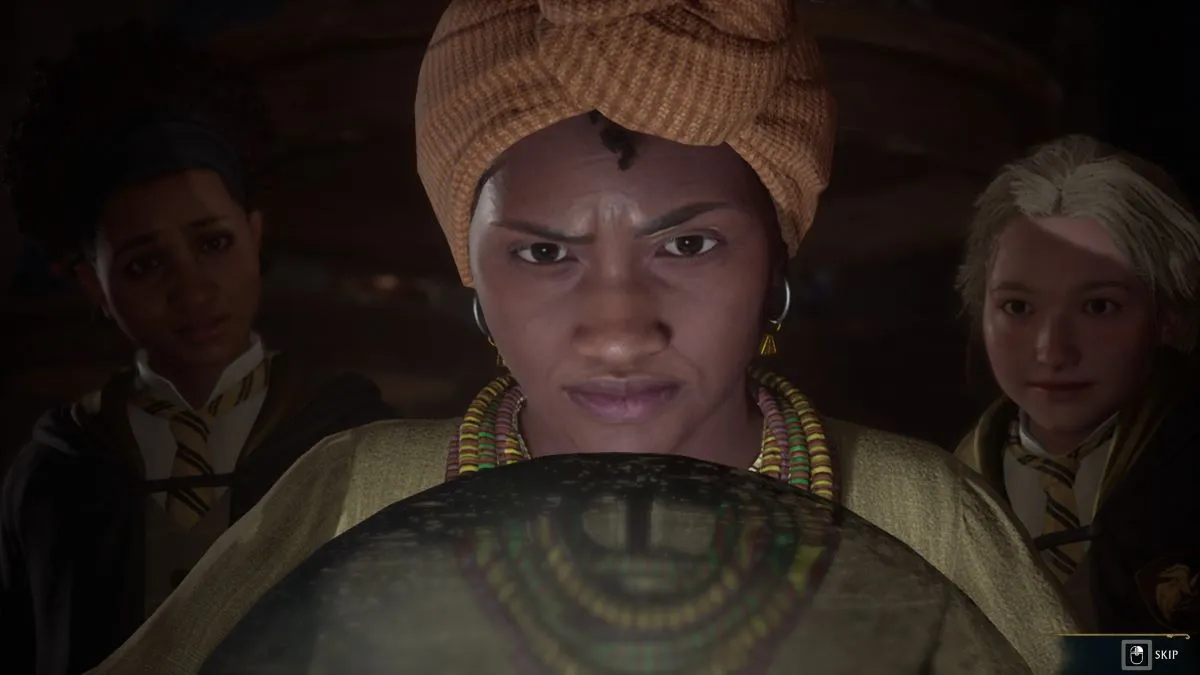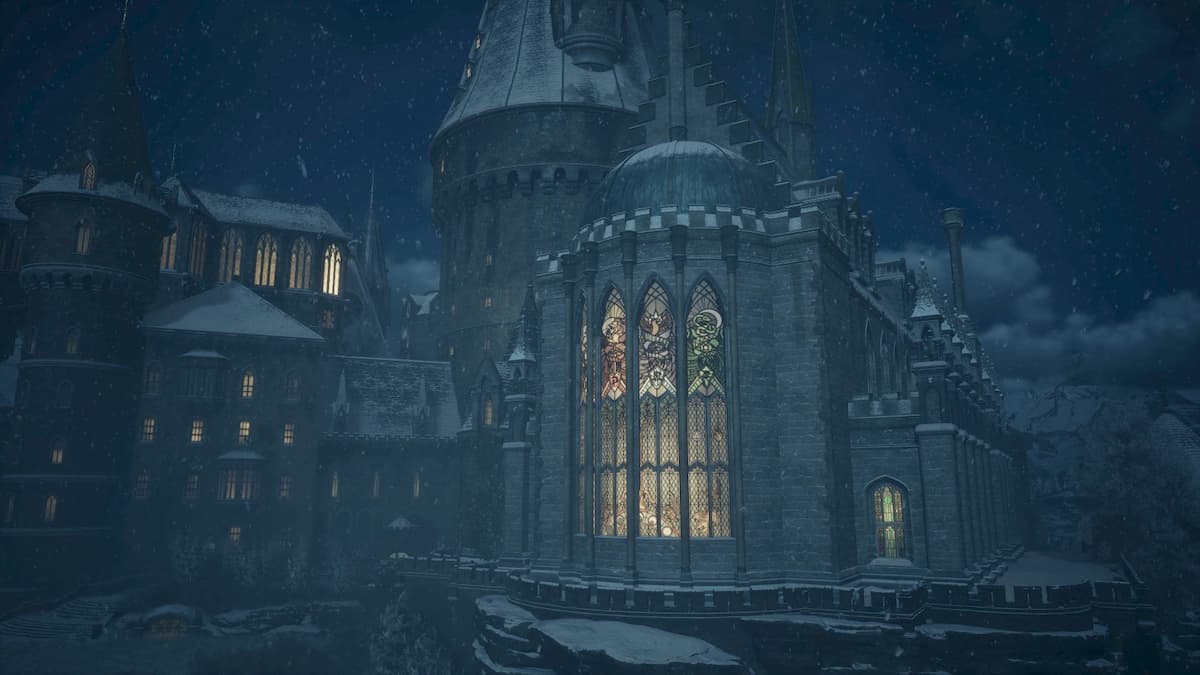August’s Smash Direct was chock full of flash. Fans of the Super Smash Bros. franchise got two hype-filled character announcement trailers, five (!) announcements of newcomers, confirmation that the game will include over 100 stages, and much more.
For competitive Super Smash Bros. players in the fighting game community, there was a lot more to unpack from the Direct — notably all the ruleset changes that more casual players may have glossed over. Chief among these changes is the ability to add a super meter to characters, so that they don’t have to tussle over a Smash Ball to activate their Final Smash. Sound familiar? Like, perhaps, a mechanic from every single other fighting game ever?
The History of the Final Smash
Considering that most-if-not-all other fighting game franchises have had some sort of mechanic for super moves since the nineties, it’s surprising that Super Smash Bros. only added these mechanics in with Super Smash Bros. Brawl in 2008.
Quickly, the competitive scene backed away from the Final Smash mechanic, and they did so for good reason — there’s just too much randomness. The Smash Ball can spawn anywhere, and after it does, it moves around of its own accord. This ruins the balance of the game as much as any other item does, so, of course, Smash Balls don’t appear in tournaments.
But at the same time, for many fans of the franchise, it’s always been a bit of a shame that such a flashy mechanic has been hacked away from the game’s competitive scene.
Meter Mechanics
As soon as Sakurai confirmed that nerfed versions of Final Smashes could be triggered through charging a meter like in other fighting games, the discussion around Final Smashes in competitive Super Smash Bros. Ultimate changed. Now there would be a completely non-random way for characters to trigger these moves, and more than that, the moves would (at least ideally) be balanced for competitive play.
The problem here is that, at this point, we’re in uncharted territory. Super Smash Bros. Ultimate will be tailored for competitive play like no other game in the franchise ever was. The development team has listened to the competitive scene in making changes to rulesets and mechanics, and adding features and competitively viable game modes.
And while this is all great for the Super Smash Bros. Ultimate competitive scene at least in theory, for a fighting game to have a strong community, it needs to have a consistent ruleset across regions and throughout the lifetime of the game. For players to hone their skills and compete, there has to be a solid foundation.

A Headache for Tournament Organizers
Sentiment from local tournament organizers has been fairly consistent regarding Final Smashes: nothing is certain until T.O.s can get their hands on the game and find out what is and what isn’t balanced. But what makes things different this time around is that, for the first time, Nintendo has embraced the competitive scene with a Super Smash Bros. game. As it stands now, it appears as though there will be tons of competitively viable stages, options, and modes of play.
This is super great for folks who like to play the game! It’s also a gigantic headache for the poor tournament organizers who have to painstakingly test everything to make sure everything is both balanced and fun.
The addition of Final Smashes complicates this further, since a meter mechanic has the ability to completely change the way top players strategize. Will it become optimal to just camp, trying to bait out attacks that charge your own meter, then unleash a Final Smash that comes close to taking a full stock in one hit? If so, it does the competitive scene no favors to legalize a mechanic like that.
On the other hand, what if the meter works differently and rewards risky and exciting play? And what if Final Smashes have been balanced so that they’re not necessarily powerful enough to completely tip a match in one character’s favor, with a high chance for punish on a miss? If that’s the case, what sets the Final Smash meter apart from, say, Cloud’s limit meter, or Little Mac’s KO punch meter?
Who Knows?
Things are exceedingly unclear right now as to what competitive Super Smash Bros. Ultimate will look like once the game finally drops in December, and we’re unlikely to get any real idea of that until the game is actually in our hands. Any rule change will be subject to a whole lot of testing and scrutiny.
The simple fact that the competitive scene is even talking about legalizing Final Smashes is a very clear sign that Nintendo finally seems ready to truly open the Super Smash Bros. franchise to everyone — even the “Fox Only, No Items, Final Destination” types.










Published: Aug 11, 2018 11:57 am